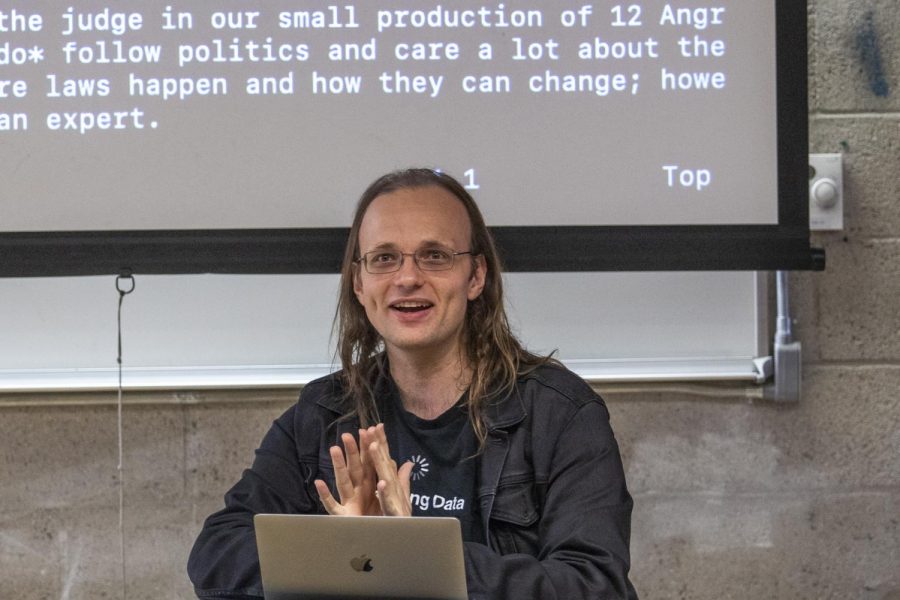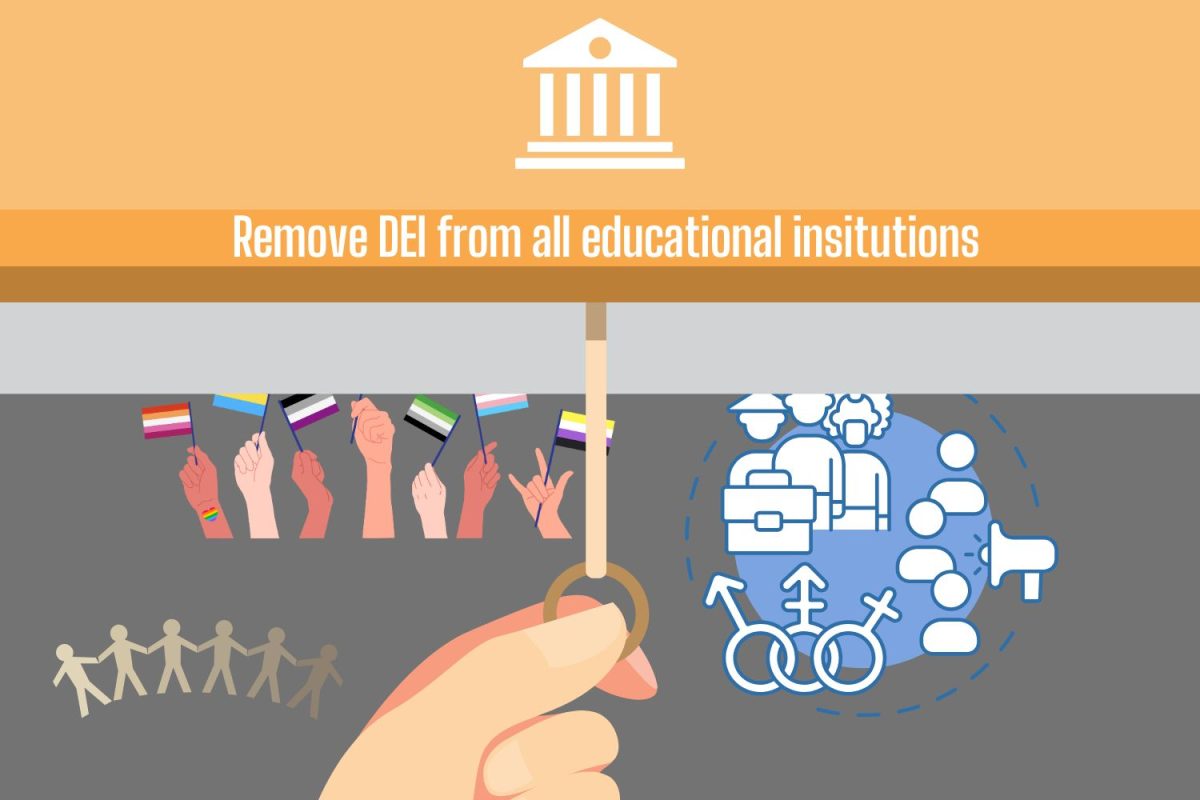Armed with cutting-edge laptops and jargon-heavy questions, about 30 City College students and computer science enthusiasts gathered in the Physical Science Building Friday to engage in a question-and-answer session with “grey-hat hacker,” Jay Freeman.
The nearly three-hour session offered a space for like-minded people to come together.
Bringing people together in this fashion was a great way to conglomerate ideas and provide structure, said student Menisha Dookie.
“Because that’s what matters, not ideas, but the structure to make it real,” Dookie said.
Freeman is no stranger to making his ideas a reality.
Freeman gained attention and prominence in 2008 when he created the popular program Cydia, a third-party app store that provides access to apps and software that are not available through Apple’s App Store.
According to a 2009 Wired article, Freeman claimed that about 4 million, or 10% of the 40 million iPhone and iPod Touch owners at that time, had installed Cydia.
The app is a form of “jailbreaking,” a term used to describe the bypass of restrictions placed on a device by its manufacturer, usually done to install software that usually wouldn’t be possible to install otherwise.
Cydia and other programs like it sparked legal and ethical discussions across the tech community about jailbreaking and its intentions.
But Freeman has some gripes with the accuracy of the word, citing it’s technical origins involving coding jargon.
“Jailbreaking is an annoying term in some sense,” Freeman said.
The term stuck and so did the action itself, and almost every electronic computing device was probed for potential jailbreaking.
“You saved me like 10, 20 grand… You could change the codes so that you could get infinite coins in games and then buy whatever you wanted in the game to level up,” said City College student Jesse Casey, referring to the vulnerabilities in online games that Freeman’s software allowed him to take advantage of.
Aside from spearheading jailbreaking abilities, Freeman has also done consulting for companies such as Android.
Freeman explained “black-hat hackers” as those who find bugs on iPhones to sell to the government and espionage groups in the black market, and “white-hat hackers” as those who find vulnerabilities for system owners, such as Apple in a concept called “responsible disclosure.”
Freeman describes himself as somewhere in the middle of these two as a grey-hat hacker.
“Grey-hat hackers believe that working with governments and espionage is evil and that’s anti-user… On the other side, working with the company might be anti-user,” Freeman said.
Freeman said sometimes coders find bugs that are already compromised and that the general public should know about them, as companies will usually fix them without alerting consumers to their potential threats.
Freeman now serves on the Board of Directors for the Isla Vista Community Services District. He was elected to a four-year term in 2016, which was then extended to 2022.








